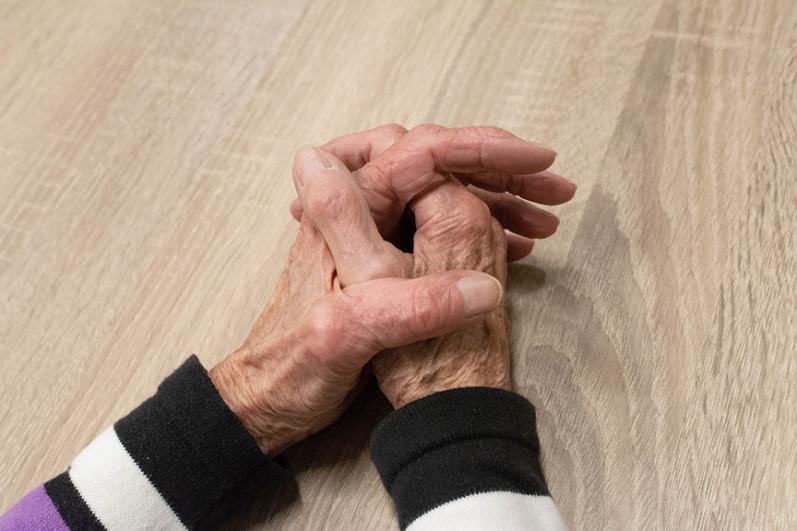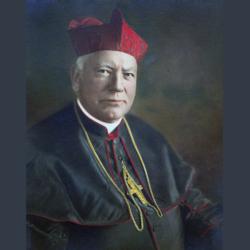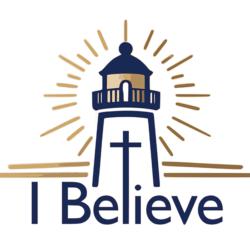Are you relieved of the duty to attend Mass on Sunday at a certain age?
Q: My older sister told me that after age 80, you are relieved of the duty to attend Sunday Mass. I didn't believe her until a friend who is 86 told me the same thing. I have never heard of this. Is it true? (Ocean View, Del.)
A: I have never heard of this either! The relevant citation in Code of Canon Law, Canon 1247, indicates: "On Sundays and other holy days of obligation, the faithful are obliged to participate in the Mass." But canon law never mentions an upper age limit for this obligation.
There are some obligations for Catholics which do have stated age parameters. For example, Canon 1252 tells us that the obligation to fast on Ash Wednesday and Good Friday "binds those who have attained their majority, until the beginning of their sixtieth year," meaning that once a Catholic turns 60 they are no longer required to keep the fast. The fact that our law demonstrates its willingness to set upper age limits for some obligations makes the lack of a stated age limit for the Sunday obligation all the more striking.
That being said, nobody is bound to an obligation that is impossible or gravely difficult to fulfill. It can happen that by the time a person reaches 80, various age-related issues could prevent them from attending Mass in person. For example, health issues might leave them too ill to go out to church, and transportation might become an issue if an elderly person is no longer able to drive. In colder climates, winter weather conditions might also present more of a concern for a senior citizen than they would for someone a few decades younger.
But if an octogenarian thereby found themselves to be no longer bound by the obligation to attend Mass on Sundays, this lack of an obligation would be directly attributable to one of these kinds of above-mentioned reasons, and not simply due to the year they were born. An 80-something Catholic in good health who was capable of physically traveling to Mass would be just as bound to observe the Sunday obligation as their younger counterparts. And, by the same token, a 20-something Catholic who was legitimately impeded from attending Mass due to reasons of health or logistics would be likewise excused from the Sunday obligation.
At the end of the day, our discernment of whether or not we are excused from the duty to attend Mass is a matter of conscience. That is, the church trusts us to make this determination in good faith; we're not asked to provide "proof" to anyone that attending Mass is prohibitively difficult for us.
But if an older adult is having a hard time weighing whether their circumstances truly excuse them from the Sunday obligation, it might be helpful for them to ask for advice from one's confessor or parish priest.
And although it would not be strictly necessary, if it helps to bring clarity or ease the conscience of a Catholic who is on the fence about whether or not they should stay home from Mass, it is possible to request a formal dispensation from the Sunday obligation. Such a dispensation can be granted by either the local bishop or -- as would likely be more convenient for most people -- from the pastor of one's territorial parish. (See Canons 87 and 1245.)
As per Canon 1245, a bishop or pastor can also "commute" the Sunday obligation to "some other pious work." This means that the proper authority can essentially set some other prayerful activity as a substitution for the Sunday obligation for a specific person in a particular case. So, for example, if a senior citizen feels uncomfortable traveling to Mass, their bishop or pastor can "change" the Sunday obligation to something like prayerfully reflecting on the readings of the day or watching a televised Mass.
- Canonist Jenna Marie Cooper is a consecrated virgin, a practicing canon lawyer, and columnist for OSV News.



















